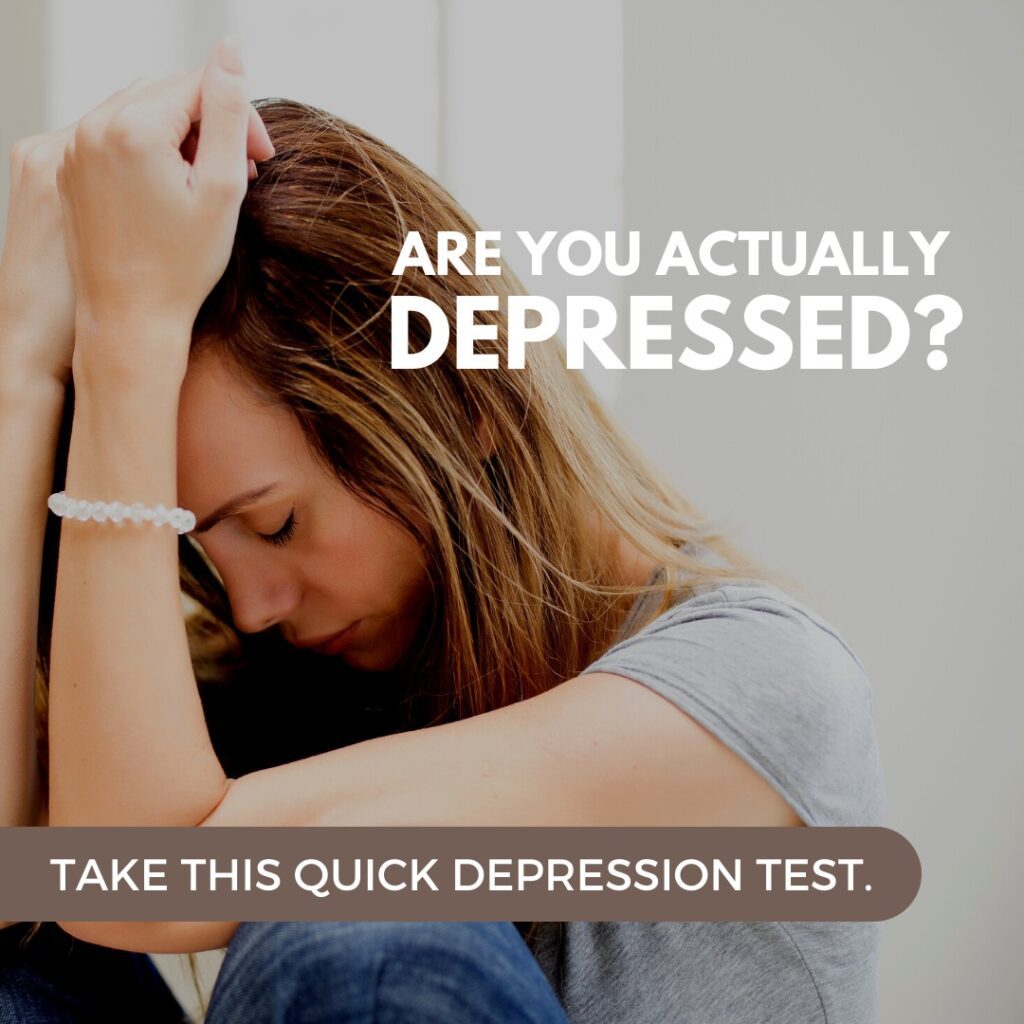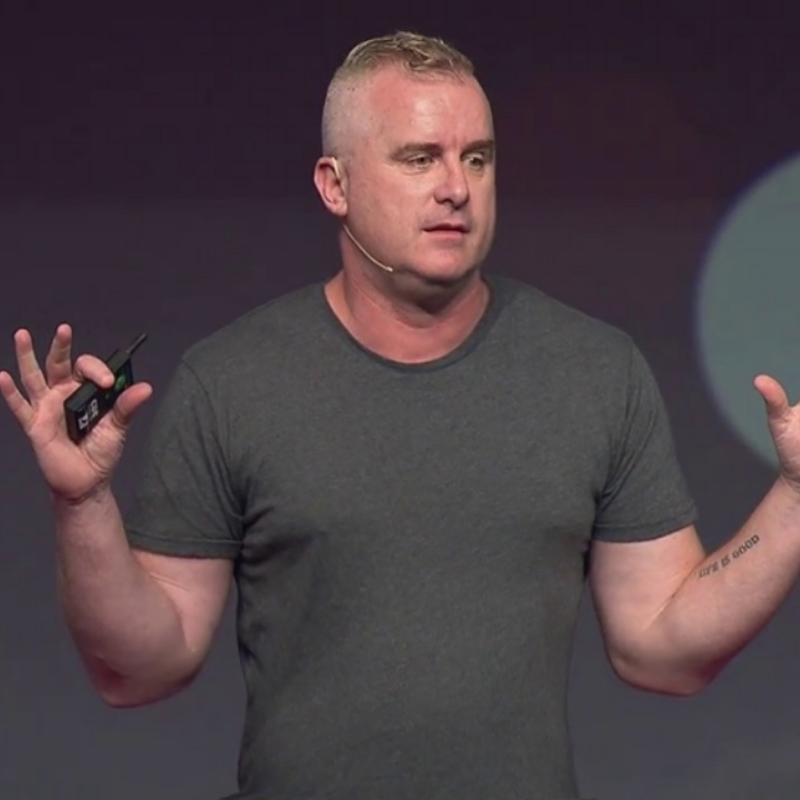In recent years, we have seen progress in breaking the stigma surrounding mental health. With celebrities and sportspeople speaking openly about their experiences, conversations about mental health have become more common and accepted. However, there is still a long way to go in improving the mental well-being of everyone in our society.
What is Mental Health?
Mental health refers to our emotional, psychological, and social well-being. It affects how we think, feel, and act, and impacts our daily ability to cope with the stresses of life. Good mental health means having the ability to manage and cope with the challenges of life in a healthy and constructive way.
What is Mental Illness?
On the other hand, mental illness refers to a diagnosable condition that affects one’s mental health, such as depression, anxiety, bipolar disorder, or schizophrenia. Maintaining good mental health is crucial to our overall well-being and quality of life. It helps us form healthy relationships, manage our stress, cope with challenges and build resilience in the face of adversities.
Misconceptions Surrounding Mental Health and Mental Illness
There are several misconceptions surrounding mental health and mental illness. Some of these include the belief that mental illness is a sign of weakness, that it cannot be treated, and that people with mental illness are dangerous. However, mental illness can affect anyone, regardless of their background or experiences, and can be treated with the appropriate care and support.
A study titled “The Role of Mental Health Stigma in Discrimination and Mental Health Outcomes Among Adolescents Transitioning to Adulthood” explored the relationship between mental health stigma, discrimination, and mental health outcomes in adolescents transitioning to adulthood. The researchers found that experiences of stigma and discrimination were associated with worse mental health outcomes over time, including increased symptoms of depression, anxiety, and mental health disorders. This highlights the negative impact of stigma and discrimination on young people’s mental health and emphasizes the need to address these issues throughout childhood, adolescence, and adulthood.
So, how can we break the stigma surrounding mental health and work towards a more supportive and understanding society? Here are some tips:
1. Encourage open conversations about mental health. Talk about your experiences, listen to others, and create a supportive environment where people feel comfortable discussing their struggles without judgment.
2. Educate yourself and others about mental health and mental illness. Learn about the signs, symptoms, and treatments available, and share this information with friends and family.
3. Challenge misconceptions and stereotypes about mental health. Recognize that mental illness is not a sign of weakness, it can be treated, and it does not always equal danger.
4. Advocate for equal access to mental health services for everyone, regardless of their background or experiences.
5. Practice self-care and prioritize your own mental health. Seek professional help when needed, connect with others, and engage in activities that are meaningful and fulfilling.
Conclusion
In conclusion, breaking the stigma surrounding mental health is vital for the well-being of individuals and society as a whole. By encouraging open conversations, educating ourselves and others, challenging misconceptions, advocating for equal access to mental health services, and practicing self-care, we can create a more supportive and understanding society where everyone can achieve and maintain good mental health.



















